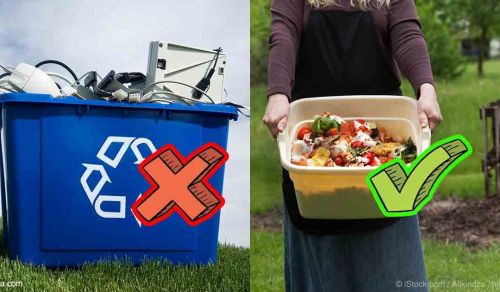How to Recycle and Repurpose Old Shoes

Millions of shoes are produced and sold every year, yet many people aren't aware of the impact their disposal has on the environment. Every time a pair of shoes gets thrown away, they contribute to the growing problem of landfill waste, as most shoes are made from materials that take decades to decompose. However, with the rise of recycling programs and creative ways to repurpose shoes, there's an increasing awareness of how we can reduce our footwear footprint. In this article, we’ll dive into practical ways to recycle old shoes and explore innovative repurposing ideas to give them a second life. Whether you’re an eco-conscious shopper or just looking for a sustainable way to declutter your closet, this guide will provide you with everything you need to know.
Why Shoe Recycling is Essential for Sustainability
The environmental impact of shoe waste is significant and often overlooked. A single pair of shoes typically contains various materials like rubber, leather, synthetic fabrics, and plastics, all of which contribute to pollution if improperly disposed of. For example, most sneakers are made of ethylene vinyl acetate (EVA), a material that’s durable and lightweight but not biodegradable. Over time, shoes that end up in landfills release toxic chemicals into the soil and air, affecting ecosystems and public health. This is why recycling and repurposing old shoes has become more important than ever in reducing environmental damage.
When you recycle shoes, you’re not only reducing landfill waste but also helping to conserve natural resources. Materials like rubber and leather can be reused in the production of new items, meaning fewer resources are needed to create new products. Additionally, the energy and water required to manufacture footwear from scratch are significantly higher than the resources used to recycle old materials. By choosing to recycle, you're making an eco-friendly decision that supports sustainable practices in fashion and manufacturing. As more people search for ways to be environmentally responsible, terms like "sustainable shoe disposal," "eco-friendly footwear recycling," and "how to recycle shoes" are gaining popularity, making it easier to find relevant programs and methods.
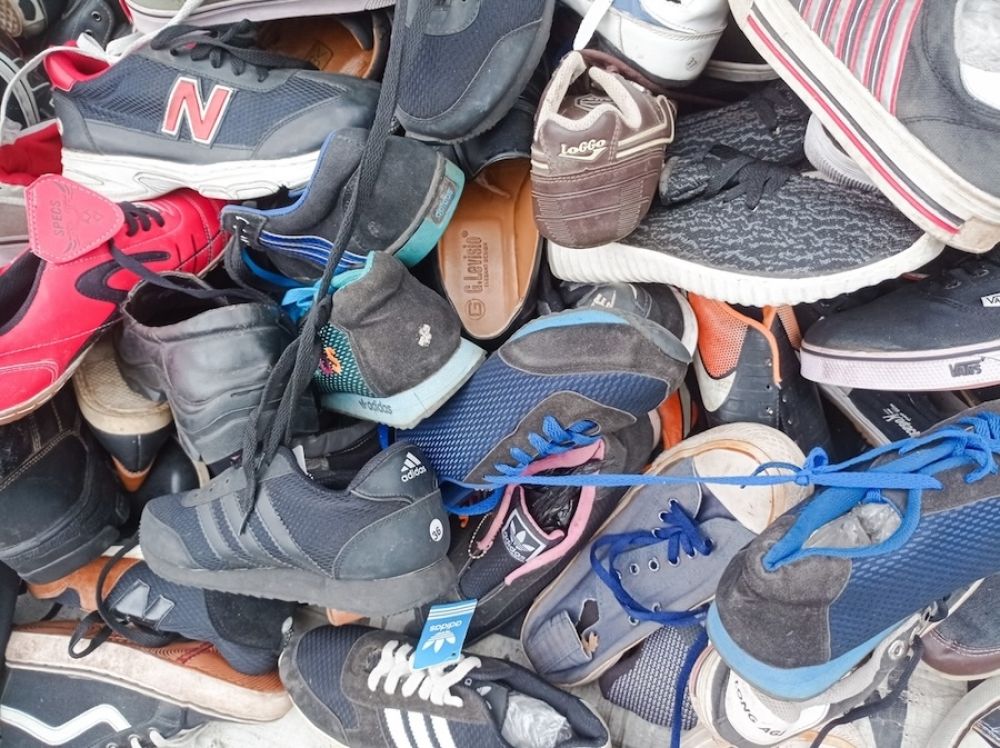
Exploring Shoe Recycling Programs and Initiatives
Shoe recycling programs are increasingly becoming accessible, allowing consumers to easily dispose of their old shoes in an eco-friendly manner. Numerous companies have recognized the need for proper shoe disposal and have created initiatives to collect, disassemble, and recycle shoes. Some of the most popular programs include:
Nike’s Reuse-A-Shoe Program
One of the pioneers in shoe recycling, Nike's Reuse-A-Shoe program has been around for over 20 years and continues to set the standard for sustainable footwear disposal. Nike collects old athletic shoes from any brand and processes them into a material called Nike Grind, which is then used in sports surfaces like running tracks, playground flooring, and even new footwear. By turning old shoes into something useful, Nike diverts millions of shoes from landfills each year, supporting the growing trend of "shoe recycling near me" searches from consumers seeking convenient drop-off locations. Source: nike.com/sustainability
Terracycle’s Footwear Recycling Box
Terracycle has made a name for itself in offering zero-waste solutions for difficult-to-recycle items, and shoes are no exception. Their footwear recycling program allows individuals and businesses to purchase a Terracycle box specifically designed for collecting shoes. Once the box is filled, it’s sent back to Terracycle, where the shoes are broken down into raw materials like rubber, fabric, and plastic. These materials are then repurposed for various industrial uses, such as insulation, rubber mats, and building materials. The convenience of mailing shoes in for recycling has made this program particularly attractive for those searching for "shoe recycling mail-in" or "how to recycle shoes by mail." Source: terracycle
Soles4Souls
In addition to recycling, some shoes are still in good enough condition to be donated to people in need. Soles4Souls is a nonprofit organization that collects gently used shoes and redistributes them to communities in need around the world. This initiative not only extends the life of footwear but also helps individuals in developing countries gain access to shoes. Donating shoes is a great option for those who are decluttering and want to make an impact, with searches like "where to donate old shoes" and "shoe donation locations" frequently guiding people to programs like Soles4Souls. Source: soles4souls
Creative Ways to Repurpose Old Shoes at Home
Not all shoes are destined for the recycling bin. Some can be repurposed into new and functional items, allowing you to extend their life while reducing waste. Repurposing shoes not only taps into your creativity but also contributes to a more sustainable lifestyle. Below are some innovative ways to give your old footwear a second life:
Turn Old Shoes into Planters
Gardeners and plant enthusiasts can get creative by transforming their old sneakers into quirky planters. Shoes, especially those with good ventilation (like sneakers or Crocs), make perfect containers for small plants such as succulents and herbs. The natural drainage holes in sneakers allow excess water to escape, preventing root rot. Simply fill the shoe with soil, add your plants, and place the shoe in a sunny spot. This idea appeals to those searching for "DIY shoe planter ideas" or "creative ways to recycle shoes."
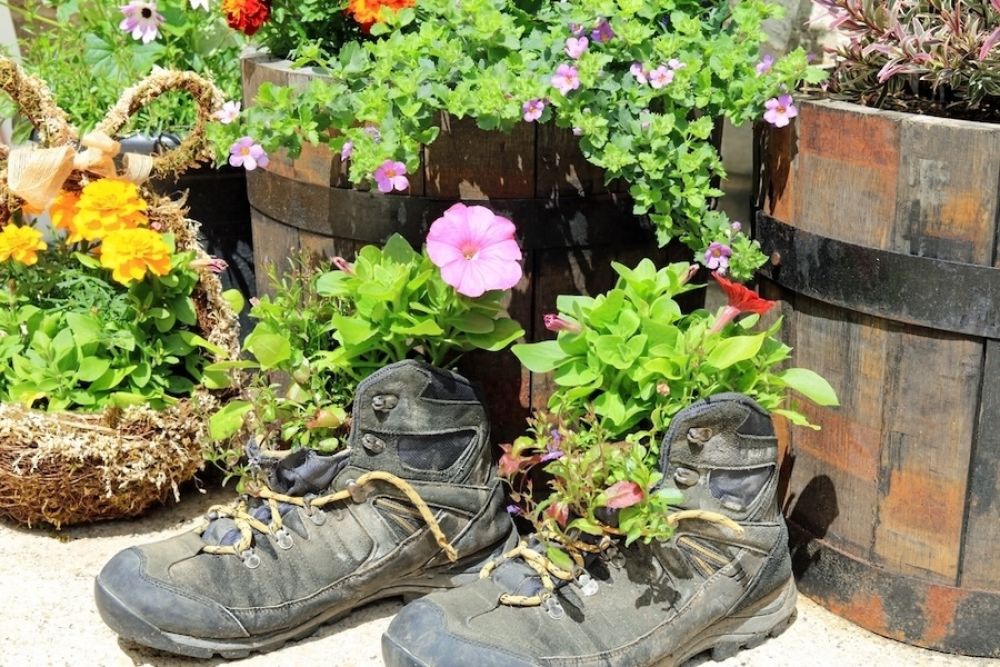
Repurpose Shoes as Unique Home Décor
Some shoes, particularly high heels or boots, can be turned into eye-catching home décor. With a little paint, fabric, or other crafting materials, you can turn old shoes into personalized statement pieces for your living room or bedroom. Whether you use them as bookends, vases, or decorative displays, repurposing shoes in this way adds a touch of sustainability to your home. Crafting enthusiasts are often looking for "upcycling shoes for home décor" or "DIY shoe crafts," making this a popular project for those with a creative streak.
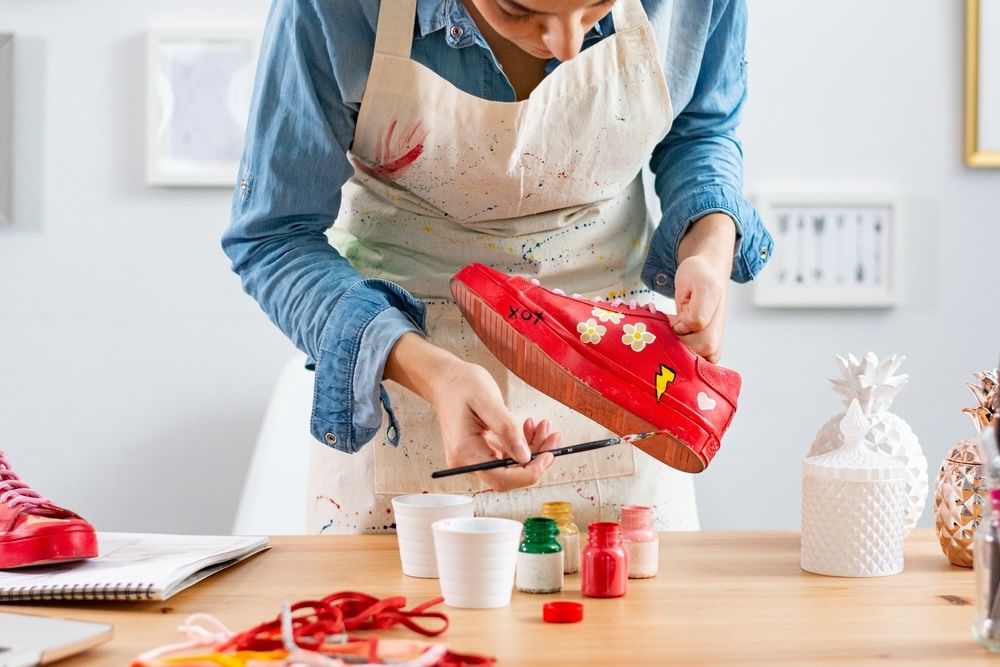
Create Pet Toys from Old Shoes
If you have pets, particularly dogs, you know how much they love chewing on shoes. Instead of throwing out your old sneakers, consider repurposing them into durable chew toys. Shoes made from leather or canvas are particularly good for this, as they can withstand hours of chewing. Just be sure to remove any hazardous parts, like metal eyelets or sharp pieces, before giving the shoe to your pet. Searches like "DIY dog toy from old shoes" are common among pet owners who want eco-friendly solutions for keeping their pets entertained.
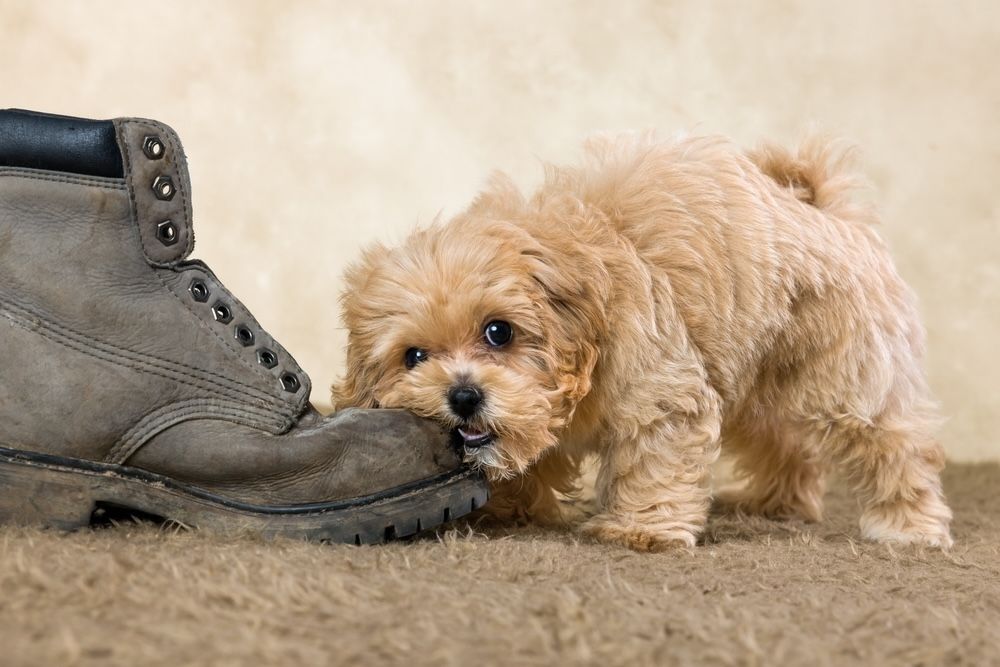
Transform Shoes into Functional Accessories
Don’t throw away your old shoelaces or leather straps—they can be repurposed into functional accessories like keychains, bracelets, or even coasters. You can cut leather or fabric from shoes to create patches for jackets or backpacks, while sturdy shoelaces can be braided into durable ropes or handles. Crafting forums are full of ideas for repurposing shoe components, with terms like "how to repurpose shoelaces" or "DIY accessories from old shoes" becoming more common searches.
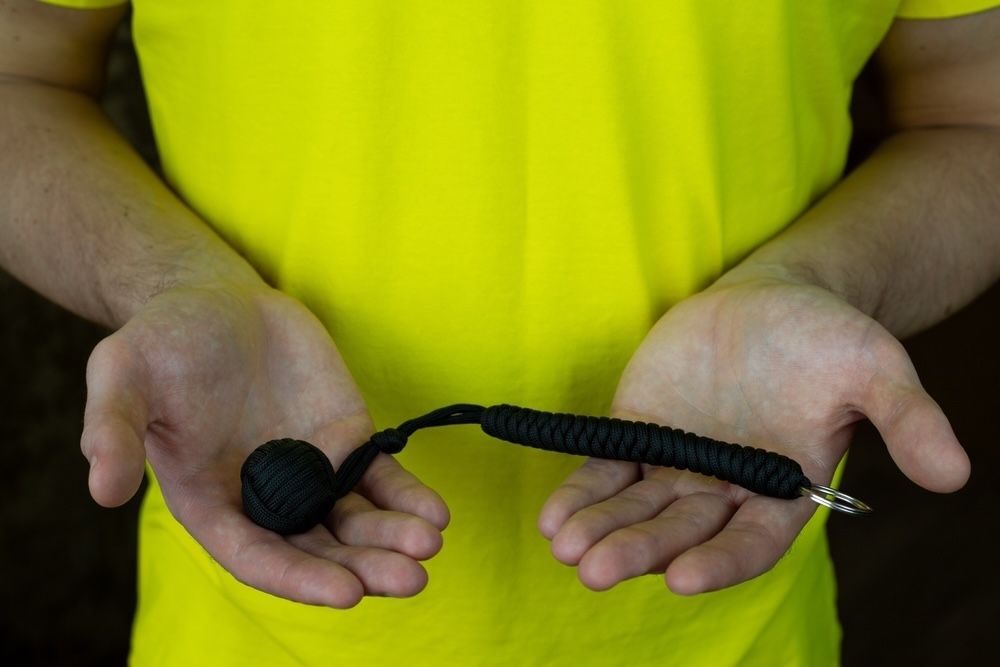
How to Recycle Shoes at Home: Step-by-Step Guide
While participating in large-scale recycling programs is an excellent option, you can also recycle shoes at home by breaking them down into recyclable components. By taking a DIY approach, you can ensure that as many parts of your shoes are repurposed as possible. Here's a step-by-step guide:
Separate the Soles from the Uppers: Start by cutting away the soles of the shoes from the uppers using a sharp utility knife or scissors. Soles made from rubber or foam can often be recycled into new materials like flooring, while fabric uppers can be used for textile recycling. Searches for "how to recycle shoe soles" or "DIY shoe disassembly" often lead to guides on separating and recycling shoe parts.
Remove and Reuse Metal Components: Many shoes, particularly boots or sneakers, have metal parts like zippers, eyelets, or buckles. These can be removed using pliers and added to your regular metal recycling bin. Reusing small metal components for home projects is also an option, as they can be used to repair other items or as part of DIY crafts.
Repurpose Insoles: Insoles can often be cleaned and reused as padding for home projects. For example, you can use them to add extra cushioning to chairs or create custom inserts for other shoes. Searches for "how to reuse shoe insoles" or "creative ways to recycle insoles" often reveal innovative ways to repurpose this often-overlooked part of a shoe.
Endnotes: Reducing Your Shoe Footprint
By recycling or repurposing old shoes, you’re contributing to a circular economy that reduces waste and conserves resources. Whether you choose to donate to a charity, participate in a recycling program, or get creative with repurposing, the choices you make with your old shoes can have a lasting impact on the environment. As the trend toward sustainability grows, more people are turning to online searches like "best way to recycle shoes" or "creative ideas for old shoes" to find responsible disposal methods. With so many options available, there’s no reason to let your old shoes end up in a landfill.
Check more articles on our blog

Guide to Recycling Solar Panels Across Canadian Provinces

How to Make Your Own Lung-Safe Cleaning Products at Home

Maximizing Garden Efficiency with Vertical Gardening
